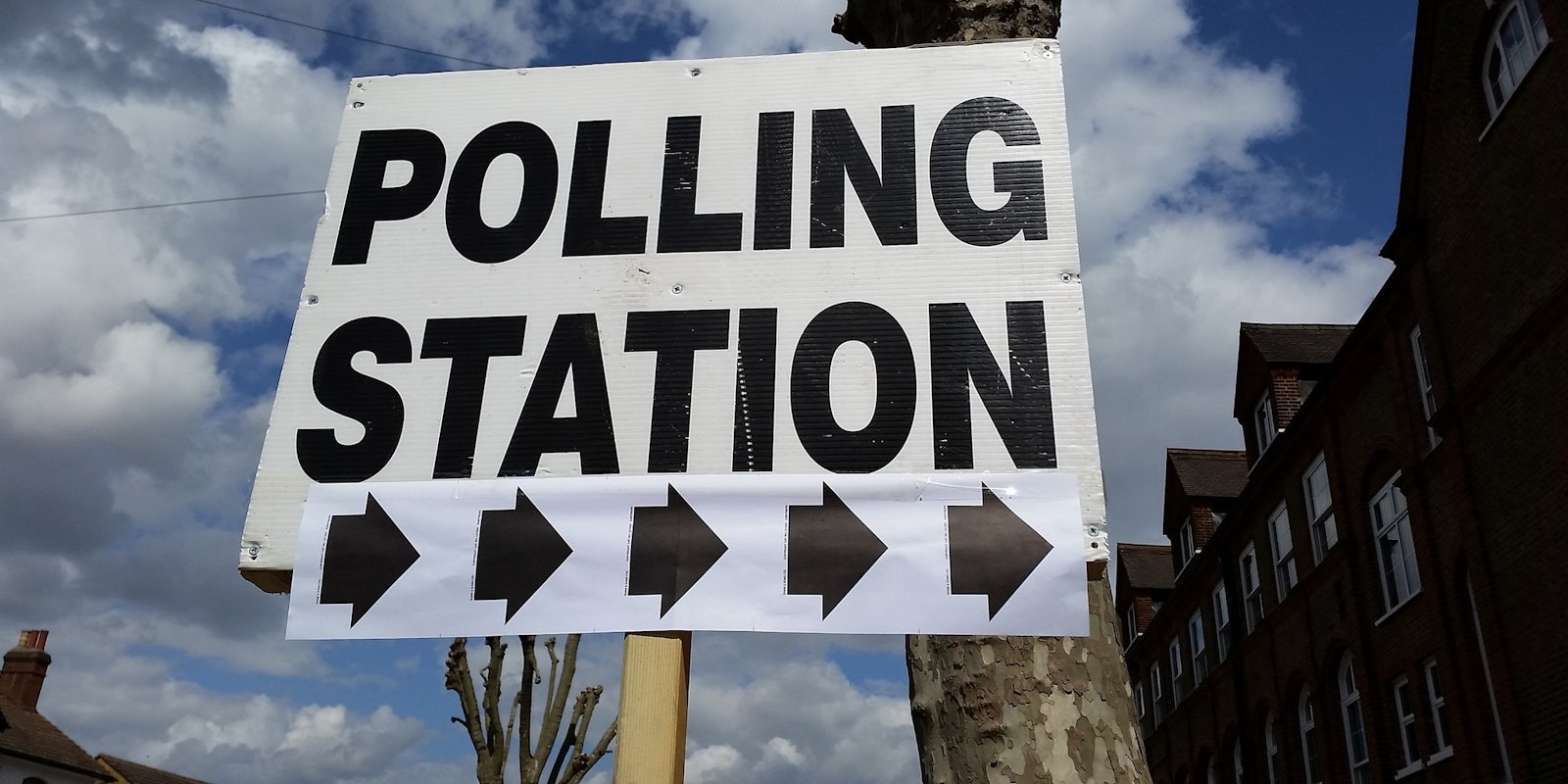Republican lawmakers in North Carolina repeatedly and aggressively sought to limit voting opportunities in ways that targeted predominantly African-American communities, emails obtained by Reuters reveal.
News of further efforts to block voting by African-Americans comes amid a razor-tight presidential race between Democrat Hillary Clinton and Republican Donald Trump, who are fighting to win in the battleground state.
The records show that Republican officials pushed to disallow voting on Sundays because it would be unfair to election officials.
“Many of our folks are angry and opposed to Sunday voting,” North Carolina Republican Party executive director Dallas Woodhouse wrote in one email from August. “Six days of voting in one week is enough. Period.”
“With all of the opportunities to vote by mail, early in person Monday—Saturday, and on Election Day, there is no justification for requiring election workers to work on Sundays,” Rowan County Republican Executive Committee member Elaine Hewitt wrote in an email to the county elections board on Aug. 11.
The problem, as explained in when a federal appeals court struck down a 2013 voter ID law in the state, is African-Americans often vote on Sunday. The court said the law’s provisions “target African Americans with almost surgical precision, they constitute inapt remedies for the problems assertedly justifying them and, in fact, impose cures for problems that do not exist.”
Efforts like the limits on Sunday voting, including the removal of polling stations from African-American communities, have led to lower early-voter turnout in some areas compared to 2012, a bad sign for Clinton whose strategy counts on black voters, who overwhelmingly lean Democratic.
In addition to limiting opportunities to vote, thousands of voters had their names purged from voter rolls, including some 6,700 voters in Cumberland County.
The U.S. Department of Justice announced this week that it would send poll watchers to four North Carolina counties—Forsyth, Wake, Cumberland, and Robeson—to monitor Election Day activities.
The DOJ did not reveal the reason for the poll-monitoring efforts.
H/T Fusion


